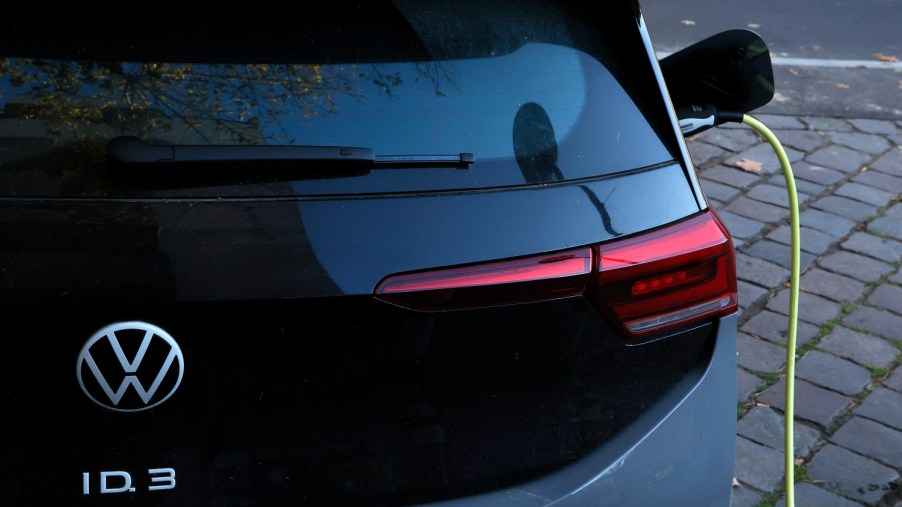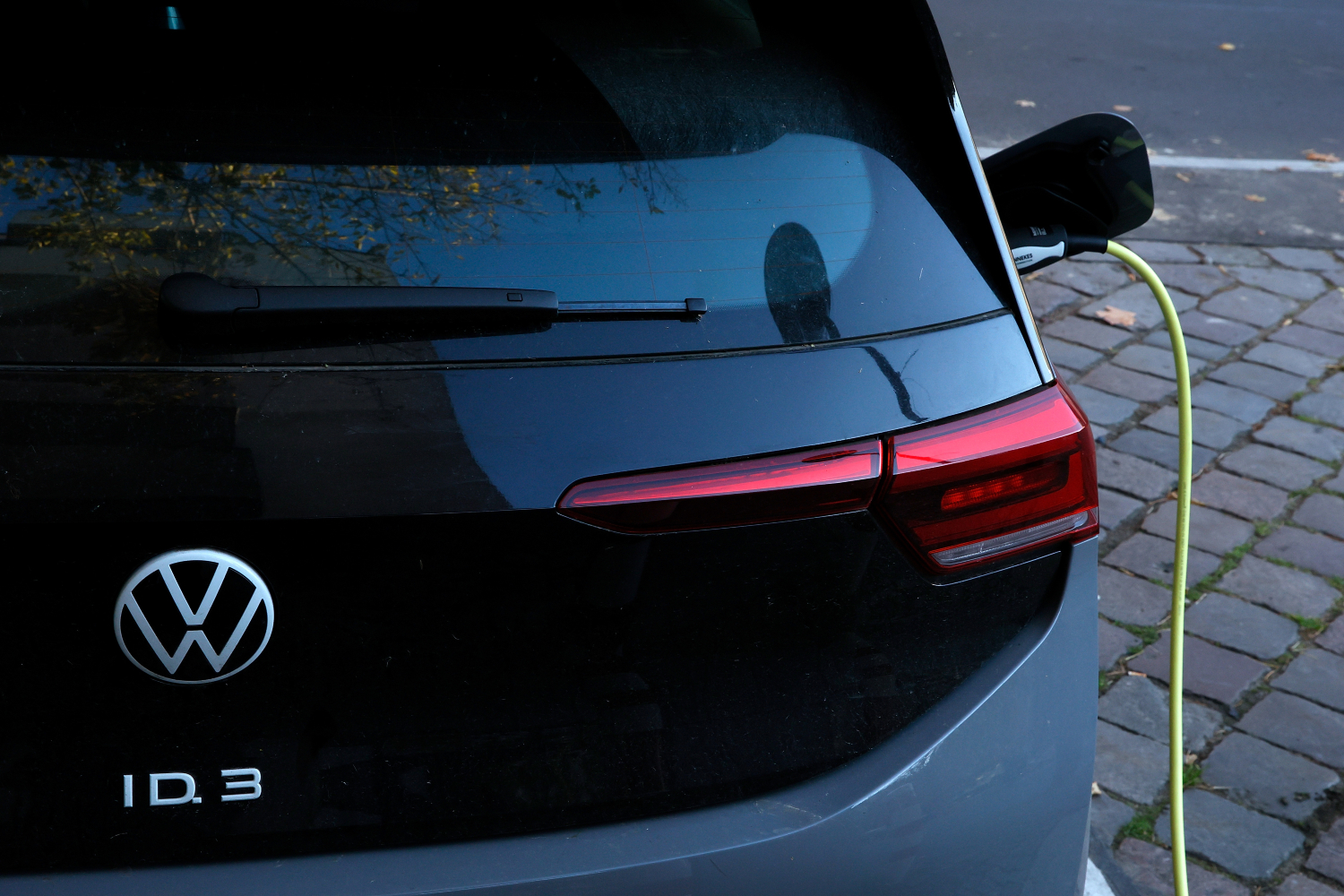
Electric Vehicles: Does Research Indicate Women Are Less Likely to Buy an EV Over Men?
Research recently indicated that women might be less likely to buy electric vehicles than men. In the early 1990s, women were drawn to cars like the Toyota Prius and the Toyota RAV4 electric vehicle, so why did that change in recent years? Recent studies show that both women and men have reasons for buying an EV or avoiding one altogether.
Are women really four times less likely to buy an electric vehicle?

According to a Jalopnik referencing a report from BuyACar, women are not buying electric vehicles at the same rate that was initially anticipated. There was a lot of information presented in the report, so what else did BuyACar say? It indicated that men are the ones researching EVs online, as opposed to women. “Analysis of hundreds of thousands of site visitors reveals a readership that consists of 75% men,” the report claimed. So does that mean women are simply shopping in person for vehicles as opposed to online?
In the first six months of 2021, men bought 68.8% of the electric vehicles offered on the website and 65.4% of hybrids. Christofer Lloyd, a BuyACar editor, says that this could be because men tend to be bigger spenders when it comes to the divide in sales. However, men seem to prefer the newest EV on the market due to the latest tech and features offered by said vehicles, like a Tesla Model S Plaid.
There are likely a lot more factors at play that would impact a woman’s decision to buy en EV over another, more convenient, option.
Men might be more likely to buy an EV because it isn’t the only car in the garage
Jalopnik author Elizabeth Blackstock referenced a study titled “Potential Early Adopters of Hybrid and Electric Vehicles in Spain—Towards a Customer Profile.” This study claimed that women might be more prone to buying electric vehicles because of a tendency to be more “environmentally aware.” However, it doesn’t mean that women were buying EVs at higher rates due to loving trees and beaches.
In fact, the study found that there wasn’t much evidence of a gender gap. It did note that early adopters of electric vehicles like Telsa’s and others might be due to buyers being in a higher income bracket. This would make sense due to a lack of used EVs as early adopters would be forced into buying new ones.
In another study, “Who will buy electric vehicles? Identifying early adopters in Germany,” the author presented a similar answer. It found that the most likely buyer of an electric vehicle is a middle-aged man with a job in the technical field who might live in a rural/suburban household with more than one car. So buying an EV would make sense due to the number of hours spent in the car and the fact that there might already be another vehicle in the garage.
So for now, it seems there isn’t enough research to indicate that women or men are more likely to buy an EV. It comes down to location, marital status, financial situations, commute, and a litany of other reasons. Just because an electric vehicle is convenient for one household doesn’t mean it works for everyone else.
Having an EV isn’t always a convenient option
One thing that seems to keep popping up in studies, hypotheses, and documents about electric vehicles is that EVs just aren’t that convenient. Getting gas can be a pain, but it’s one people know is a part of life. Stopping to get gas once or twice a week is just a thing you have to do, like brushing your teeth.
Getting involved with an EV can come with a lot of headaches at first and down the line. Where do you charge it? How do you charge it? Are you able to charge it at work and make it home from there? Is your commute long enough that you need to charge it in the middle of the day? Do you park on the street at night and not have access to a home charger? Can your home handle a charger if you have one?
The Jalopnik article notes that people were eventually disenchanted from driving an electric vehicle because it just isn’t all that convenient. You have to be all-in and ready to work around what your new little EV needs every day. If you have another vehicle at home, you might be drawn to driving that because it is simply easier to drive. For now, major adoption of electric vehicles is still a far away goal. Slowly but surely, EVs might become more convenient for everyone to have, but the world isn’t there yet.



